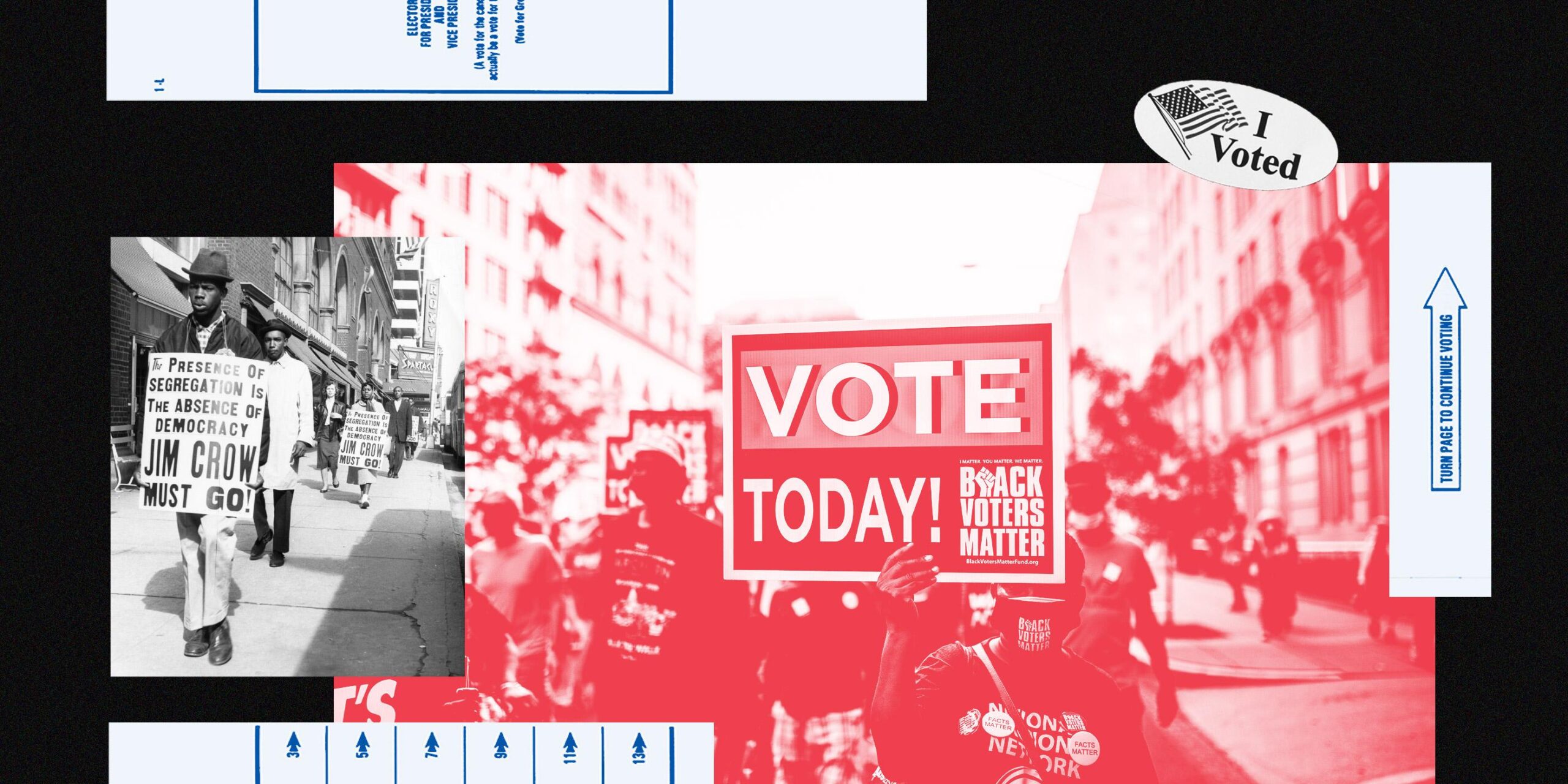In the vibrant heart of Africa, where the echoes of liberation struggles still reverberate, a new generation of voters is emerging, their voices resonating with a distinct and undeniable message: it’s time for change. Young people, who once held these liberation-era political parties as beacons of hope, are now questioning their relevance, sparking a seismic shift in the political landscape. Their reasons span a broad spectrum, from a yearning for fresh perspectives to a growing disenchantment with the status quo. For these young voters, it’s not merely a change in leadership they seek, but a complete restructuring of the political paradigm. Their rejection is not a rejection of their shared history, but rather a testament to their aspirations for a future that is shaped by their own vibrant voices.
– Electoral Fatigue and the Rise of Diasporic Influence
Electoral Fatigue and the Rise of Diasporic Influence
African youth are increasingly disenchanted with their countries’ governments, and with their parents’ and grandparents’ liberation-era political parties. This discontent is the result of a number of factors, including:
Failed promises and lack of opportunities. Many young Africans feel that they have been promised a better future but have not seen it materialize. They are frustrated by the lack of jobs, the high cost of living, and the corruption that is endemic in many African countries.
Increase of technology and globalization fostering diasporic influence. Young Africans are also more connected to the world than ever before. They can see what is happening in other countries and compare it to their own. They are also more likely to have family and friends living abroad. This exposure to different perspectives is contributing to their growing dissatisfaction with the status quo.
– Civic Innovation and the Democratization of Political Dissent
Civic Innovation and the Democratization of Political Dissent
The rise of civic innovation is empowering young African voters to challenge the status quo and demand more accountable and responsive governments. Social media platforms, mobile phone technology, and crowdfunded campaigns are providing youth movements with unprecedented opportunities to organize, mobilize, and amplify their voices. These technologies have broken down traditional barriers to political participation and enabled young people to connect with like-minded individuals, share their perspectives, and hold their leaders accountable.
Shifting the Political Landscape
The impact of civic innovation on African politics cannot be overstated. Young voters, tired of the empty promises and patronage networks of liberation-era political parties, are embracing new, digital-savvy movements that focus on addressing the challenges they face. These youth-led organizations are leveraging social media to spread their message, using mobile phones to mobilize supporters, and crowdfunding to finance their campaigns. As a result, traditional political parties are being forced to adapt or risk losing touch with a generation that is demanding change.
Closing Remarks
As a new dawn breaks upon the African continent, the voices of its youth reverberate with a resounding rejection of the political shackles of the past. The liberation-era parties, once hailed as beacons of freedom, now find themselves eclipsed by a generation hungry for change.
Like vibrant threads in a transformative tapestry, young African voters are weaving a new narrative, one that casts aside the dusty banners of old and embraces the vibrant hues of progress. They are the architects of their own future, unbound by the constraints of yesteryear’s struggles.
In the electoral arena, they have shattered the age-old paradigms, opting instead for candidates who speak to their aspirations and ignite the flames of change. They are the torchbearers of a new era, where dialogue triumphs over dogma and fresh ideas displace tired rhetoric.
The message is clear: the youth of Africa have come of age, and they demand voices that resonate with their dreams and envision a future that reflects their boundless potential. The liberation-era parties may retreat into the annals of history, but the spirit of transformation they once embodied lives on in the hearts and minds of a new generation.
And as the sun sets on the old order, casting long shadows across the path ahead, the young voters of Africa stand ready to embark on a new journey, one that leads not to liberation from oppression but to the full embrace of their own destiny.
